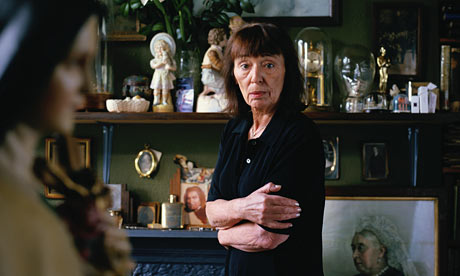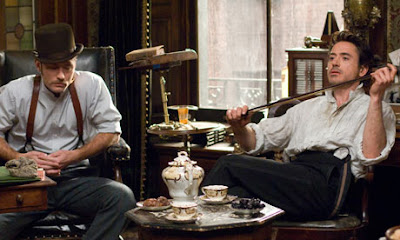
Maverick, unique and horribly funny, according to her fellow authors: the world of British literature felt an emptier place today following the death of Beryl Bainbridge, aged 75.
She was admitted to hospital last week following a recurrence of cancer, and died suddenly in the early hours of this morning.
One of the grandes dames of the UK's literary scene, Bainbridge was a prolific writer whose short, dark comic novels – which invariably included a streak of tragedy - landed her five shortlistings for the Man Booker prize (and the label of perennial Booker bridesmaid), made her a two-time winner of the Whitbread award and saw her awarded a DBE in 2000.
"She was a wonderful writer in the tradition of British petit guignol that included Evelyn Waugh and Muriel Spark: coolly stylish, meticulous, beady-eyed and horribly funny. I would have wished her more injury time, but her record stands," said the Man Booker prize-winning author John Banville. "I met [her] on a couple of occasions and was much taken with her manner of stark lugubriousness tempered with high and subversive irony - just like her books."
"Beryl had an absolutely original voice: she was a serious comedian, all of whose novels ended tragically," said the biographer Michael Holroyd. "She presented herself sometimes as a clown, an entertainer, but behind that mask was a committed novelist. She was unique."
"What was so splendid about her was that she was completely maverick," agreed the novelist Penelope Lively, winner of the Booker and Carnegie awards. "When she first began you were very aware of her fresh, startling voice. I remember coming across her first novels and thinking 'goodness, I haven't read anything like this before'."
"Very sad," tweeted Margaret Atwood of her "old pal" Bainbridge this afternoon. "Wondrous original, great sport, loved her books. Hope she has champagne in heaven & a smoke..."
Bainbridge's literary career can be divided neatly in two: her earlier novels, from The Dressmaker and Sweet William to Guardian fiction prize winner The Bottle Factory Outing, drew on her own life – her upbringing in Liverpool, her time working as an actor (including a stint on Coronation Street), her life in Camden in the 1960s. She then began to write historical novels, tackling Scott of the Antarctic in The Birthday Boys, Samuel Johnson in According to Queeney and the voyage of the Titanic in Every Man for Himself, and died with 18 novels, two collections of short stories and a handful of plays for stage and television to her name.
She was, said Lively, "so versatile". Her historical novels "were completely different from her earlier books. She had a distinctive voice, but also a wonderfully pliable and versatile one".
Bainbridge was "putting the finishing touches" to a novel – her 19th – which she had been working on for the last six months when she died, said Ed Wilson at her literary agency Johnson & Alcock. Little, Brown will publish the book, The Girl in the Polka Dot Dress – about the assassination of Bobby Kennedy - next year.
It's "fantastic - more like her early, more comic work", said Richard Beswick, her editor at Little, Brown, who called her "a one-off, a total original, a legend that deserves to be a legend". "I don't think anybody else writes like her [although] she's got elements of other people - bits of Harold Pinter and Kafka, that morbidly humorous take on life, that very dark humour," he added.
Known to chain-smoke while she wrote her novels (at an ancient computer), Bainbridge gave up smoking in 2004 but took it up again - "though I smoke far fewer now - about six a day", she told the Observer last year. She was also a keen whisky drinker, getting through half a bottle a week. "It began as a social thing because if you go out to launches you were always offered a drink," she said. "I never saw the point of drinking wine, because you have to drink so much to get that feeling, so I'd always have a whisky."
Lively said that Bainbridge "was always good fun at a party - and unexpected, because you never knew what she was going to say or do".
"I have huge admiration and respect for her," she added. "She was someone who, when she entered a room, you thought 'oh good, there's Beryl'."
Bainbridge told the Guardian in 2007 of how she had become convinced that she would die at the age of 71, like her parents and grandparents. "My generation weren't expected to get as old as this; they all died off quite soon," she said. "I've always been interested in death."
In an interview with the Guardian in 2005, Bainbridge said that she had "everything ready" for her death. "In files. I'm extremely ... no, I'm very ordered in that sort of way. I think it's important. You have to know where things are and how and what."
--
Alison Flood, The Guardian, Friday 2 July, 2010


























croppedsidebar.jpg)

.png)


















Showing first 50 comments | Go to all comments | Go to latest comment